Late-Night Snacking: Is Cheese a Sleep-Friendly Option?
Understanding the Relationship between Food and Sleep:
The food you eat can influence your sleep patterns and overall sleep quality. For instance, certain nutrients in foods can promote relaxation and enhance sleep, while others might cause restlessness or insomnia.
Your body's internal clock, or circadian rhythm, regulates sleep cycles and is sensitive to dietary influences. Consuming foods rich in certain compounds like tryptophan, melatonin, and magnesium can support healthy sleep patterns.
Late-night eating habits often come under scrutiny for their potential impact on sleep. Some foods might be more conducive to a restful night than others. Identifying sleep-friendly snacks can be a beneficial strategy for those seeking to improve their sleep quality without compromising their dietary preferences. Pairing healthy nighttime habits with the best pillows can further enhance comfort and support a more restorative sleep.
The Nutritional Profile of Cheese:
Cheese is packed with essential nutrients, including protein, calcium, and various vitamins such as A, B12, and D. Tryptophan, an amino acid present in cheese, is well-known for its ability to promote relaxation and aid in the production of serotonin and melatonin, hormones that regulate sleep.
While cheese is nutritious, it's also important to consider its calorie and fat content, especially if you are consuming it as a late-night snack. Moderation is key, as excessive intake might lead to unwanted weight gain or digestive issues, which can, in turn, affect your sleep. Complementing a balanced diet with luxury microfiber pillows can further enhance your sleep environment, promoting deeper and more comfortable rest.
How Cheese Affects Sleep Quality: The Science Behind it
Cheese contains tryptophan, an amino acid that helps produce serotonin, which is then converted into melatonin—the hormone that regulates sleep-wake cycles. Its high calcium content also aids the brain in using tryptophan to produce melatonin.
Studies suggest that consuming cheese before bed can improve sleep quality by calming the nervous system and enhancing melatonin production. However, individual responses vary; some people may experience vivid dreams or nightmares after eating cheese. It’s important to remember that many factors influence sleep, and diet is just one of them.

Types of Cheese and Their Sleep-Friendly Properties:
Some cheeses have more sleep-enhancing compounds, making them better bedtime snacks. Here are a few types and their benefits:
-
Cheddar: Rich in tryptophan, cheddar cheese is a popular choice for those seeking to improve sleep quality.
-
Mozzarella: Known for its high calcium content, mozzarella supports the production of melatonin, aiding in better sleep.
-
Cottage Cheese: Low in fat and high in protein, cottage cheese provides a steady release of energy without disrupting sleep.
-
Swiss Cheese: Contains both tryptophan and calcium, making it a balanced option for sleep support.
When choosing a cheese for your late-night snack, consider these options to maximize the potential sleep benefits without overindulging.
Ideal Late-Night Snacks for Better Sleep:
Incorporating cheese into your late-night snack routine can be beneficial, but it should be part of a balanced approach. Here are some ideal snack combinations that pair well with cheese and promote restful sleep:
-
Cheese and Whole Grain Crackers: The complex carbohydrates in whole grain crackers help your body use tryptophan more effectively.
-
Cheese and Nuts: Nuts like almonds and walnuts are rich in magnesium, which can enhance relaxation and improve sleep quality.
-
Cheese and Fruit: Pairing cheese with fruits like cherries or bananas can boost melatonin levels and add a natural sweetness to your snack.
Choosing the right combination of foods can support your body's natural sleep cycle, providing a satisfying and beneficial late-night snack.
Potential Downsides of Eating Cheese before Bed:
Consuming cheese before bed may not be suitable for everyone, and certain factors should be considered. Cheese is high in saturated fat and calories. Eating large quantities before bed can contribute to weight gain and digestive discomfort.
Some individuals may experience lactose intolerance, leading to bloating or discomfort when consuming cheese. This can disrupt sleep and cause restlessness. If you have lactose intolerance, consider lactose-free cheese options or alternative snacks. Consuming cheese close to bedtime could result in vivid dreams or nightmares for some people.
Alternatives to Cheese for a Sleep-Friendly Snack:
If cheese isn't your preferred choice or if you experience adverse effects, several alternatives can promote restful sleep. Consider incorporating these options into your late-night snack routine:
-
Greek Yogurt: High in protein and calcium, Greek yogurt supports melatonin production and provides a satisfying snack.
-
Herbal Tea: Chamomile or valerian root tea can promote relaxation and prepare your body for a restful night's sleep.
-
Oatmeal: Rich in complex carbohydrates and magnesium, oatmeal can enhance serotonin production, aiding sleep.
These alternatives offer a range of flavors and nutritional benefits, providing you with diverse options for a sleep-friendly snack.
Conclusion:
Cheese can be a beneficial component of a sleep-friendly diet when consumed in moderation and combined with other nutritious foods. Its tryptophan and calcium content support melatonin production, helping regulate sleep cycles. However, individual responses vary, and it's important to consider personal tolerance and dietary preferences.
As with any dietary choice, moderation and balance are key to ensuring that cheese contributes positively to your overall well-being. Experiment with different combinations and listen to your body's response to find what works best for you.



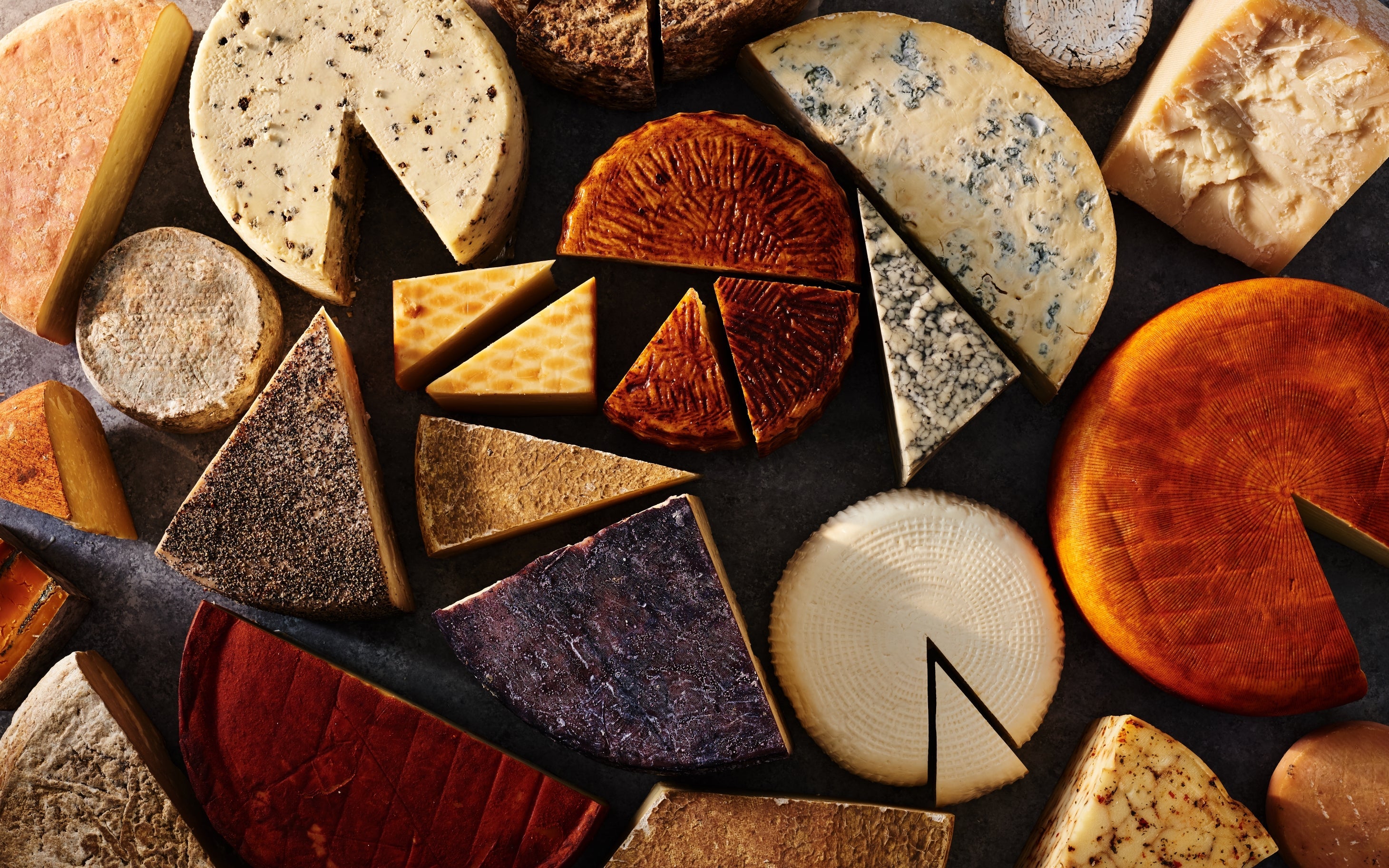
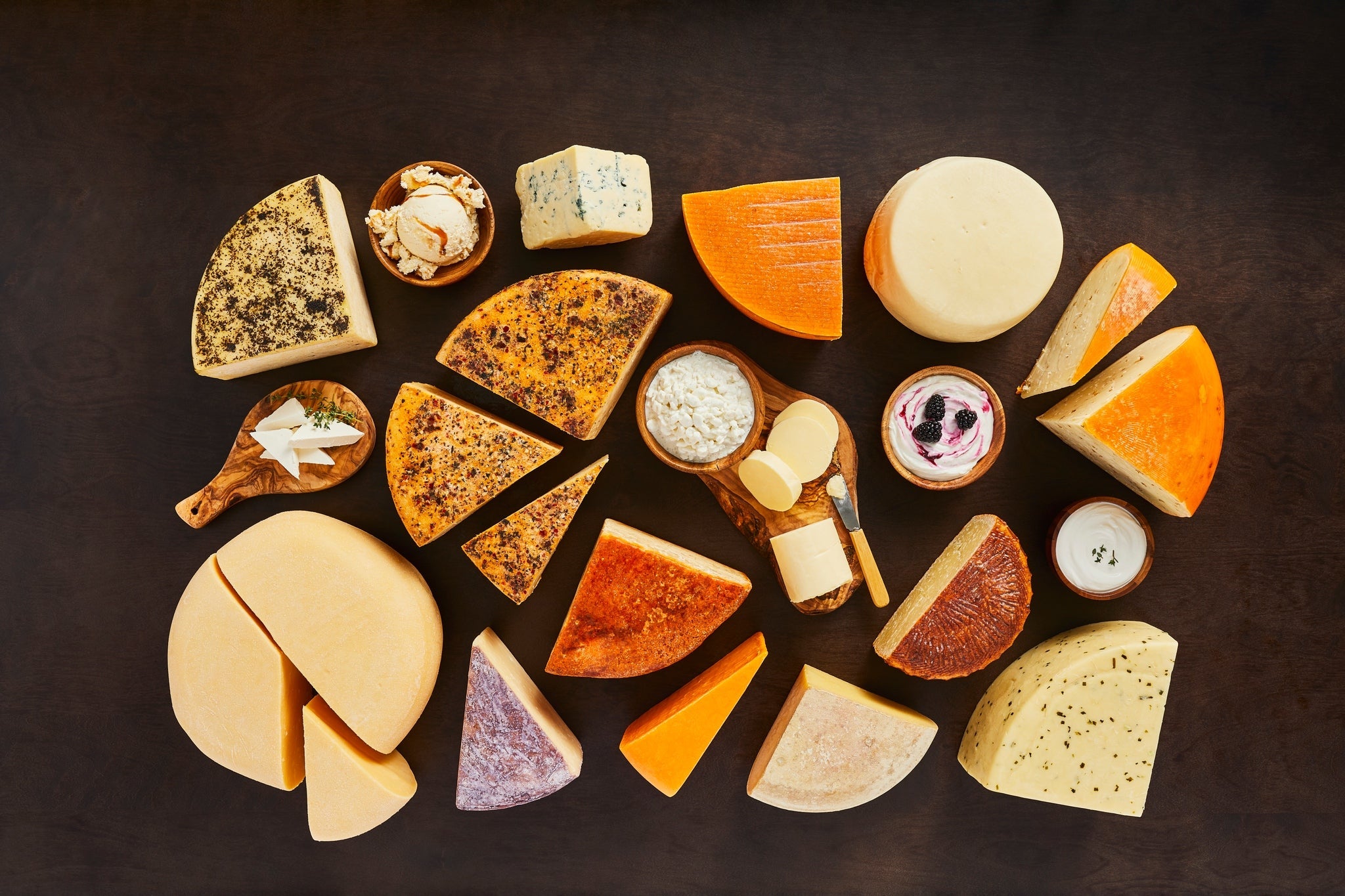
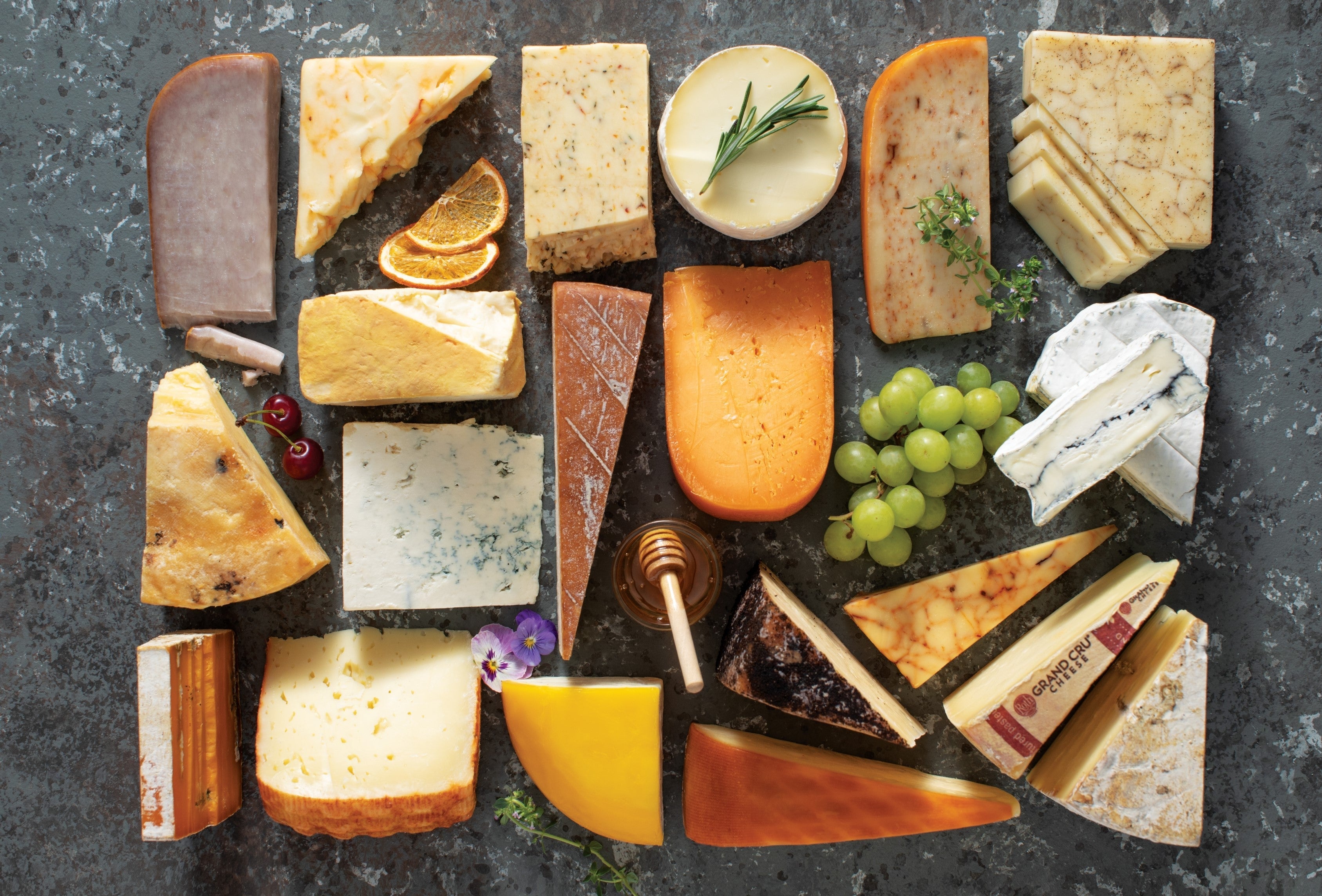


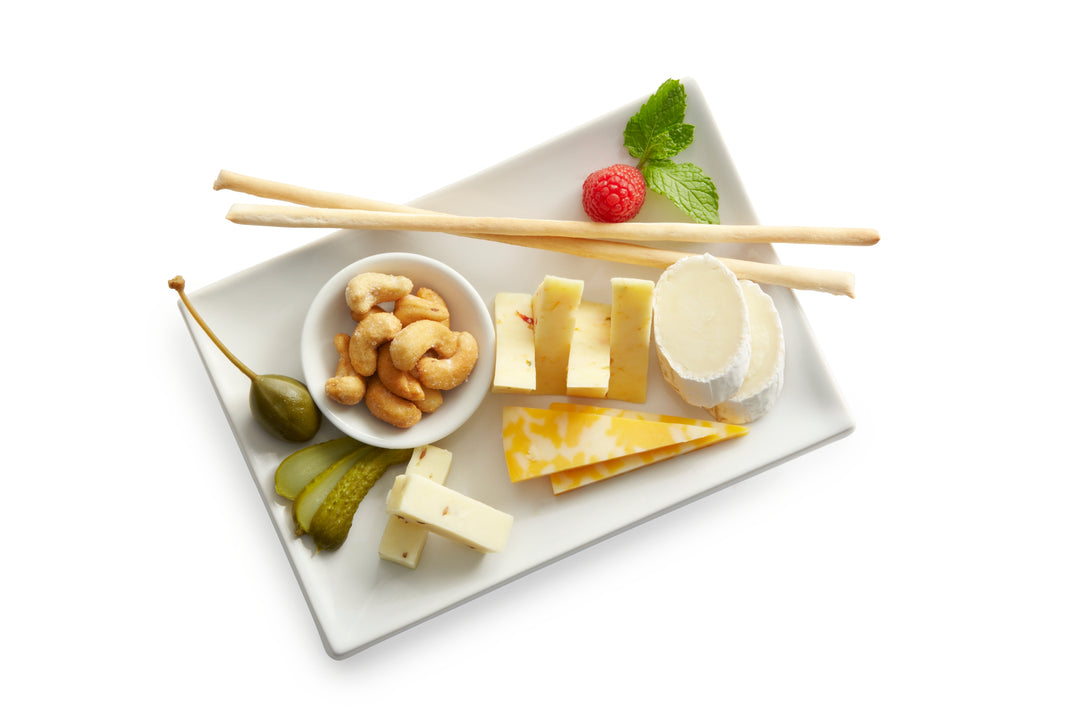
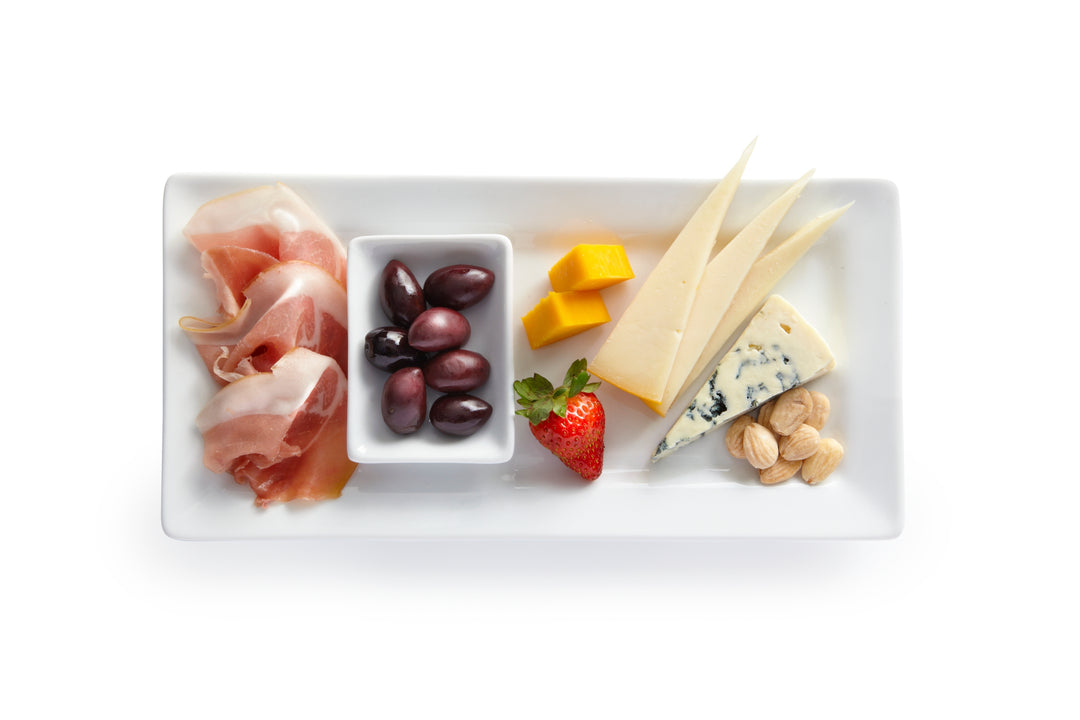
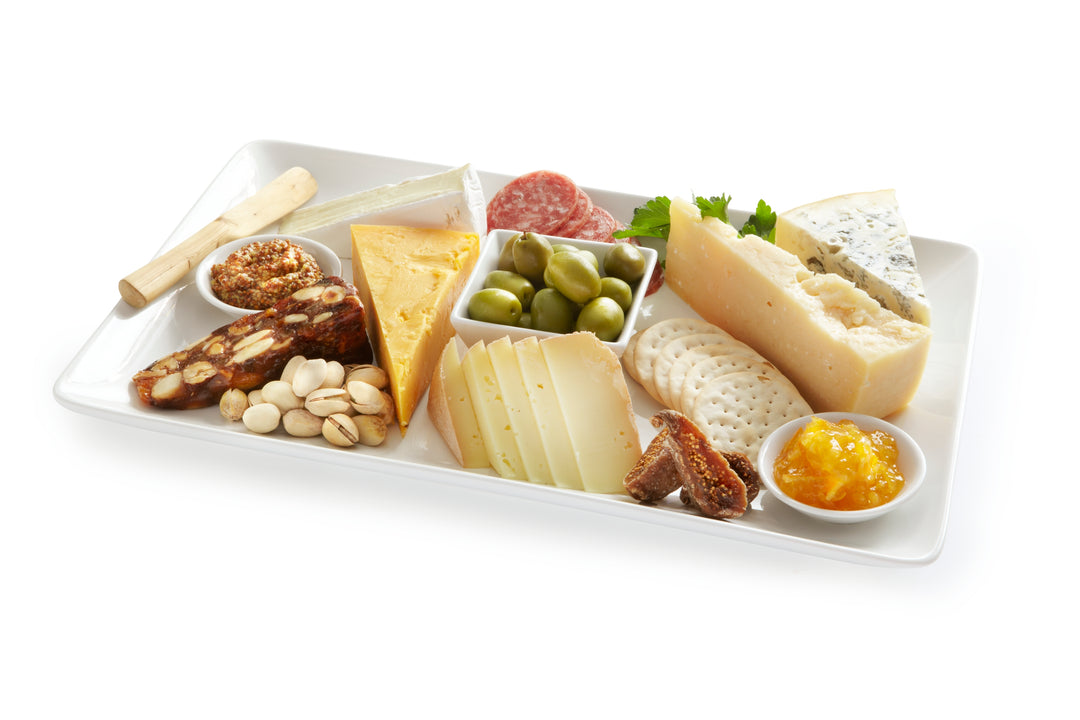
Leave a comment